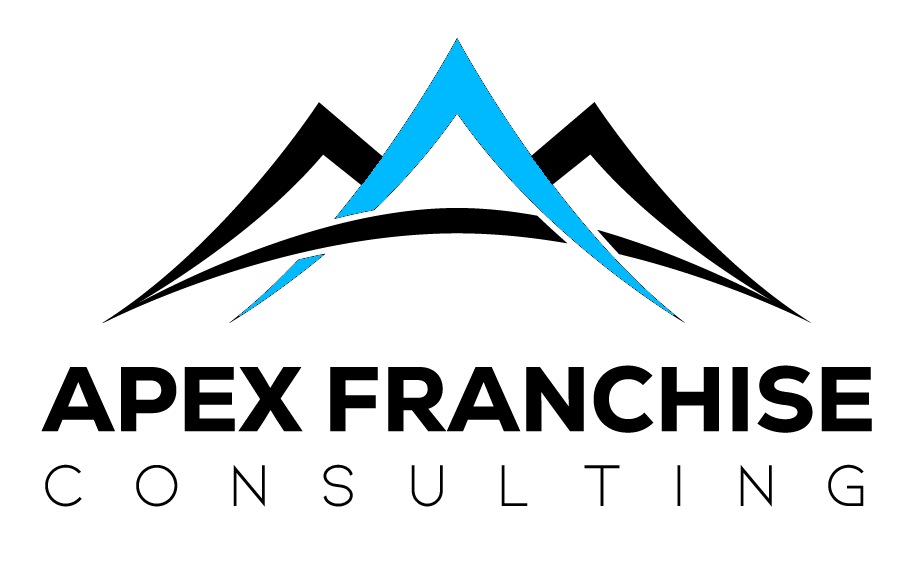Beyond the Price Tag: Why Investing in a More Expensive Franchise Doesn’t Guarantee Higher Profitability
When it comes to investing in a franchise, the allure of a well-known brand or a higher-priced opportunity can be compelling. Many prospective franchisees assume that a more expensive franchise automatically translates to greater profitability. However, the reality is far more nuanced. In fact, there are numerous factors that influence the profitability of a franchise, and the initial investment cost is just one piece of the puzzle. In this blog post, we’ll explore why investing in a more expensive franchise doesn’t necessarily guarantee higher profitability.
- Overhead Costs and Profit Margins: While a higher-priced franchise may offer a recognizable brand name or premium services, it often comes with proportionately higher overhead costs. These expenses can include royalty fees, marketing expenses, and operational costs associated with maintaining the franchise standards. As a result, the profit margins of a more expensive franchise may be narrower compared to a lower-cost alternative, making it challenging to achieve profitability, especially in the early stages of the business.
- Market Demand and Competition: The profitability of a franchise largely depends on the demand for its products or services in the local market and the level of competition. Even if a franchise has a strong brand reputation, it may struggle to generate profits if there is limited demand or intense competition in the area. Conversely, a lower-priced franchise with a unique value proposition or niche market focus may thrive in a less saturated market, leading to higher profitability despite its lower initial investment cost.
- Location and Foot Traffic: The location of a franchise plays a crucial role in its profitability. A more expensive franchise located in a prime retail space or high-traffic area may attract greater customer volume, leading to higher sales and profitability. However, securing such locations often comes with hefty lease or rental costs, which can offset the potential benefits of increased foot traffic. On the other hand, a lower-cost franchise situated in a strategic location with lower operating expenses may yield higher returns on investment over time.
- Operational Efficiency and Management: The success of a franchise also depends on the efficiency of its operations and the effectiveness of its management team. Even if a franchise has a higher initial investment cost, poor management practices or operational inefficiencies can erode profitability and hinder long-term growth. Conversely, a well-run lower-cost franchise with streamlined operations and effective leadership may outperform its more expensive counterparts in terms of profitability and sustainability.
- Flexibility and Adaptability: In today’s rapidly evolving business landscape, flexibility and adaptability are essential for sustained success. A more expensive franchise may come with stricter franchisor regulations and less room for innovation or customization, limiting the franchisee’s ability to respond to changing market trends or customer preferences. In contrast, a lower-cost franchise with greater flexibility in its business model may have the agility to pivot and capitalize on emerging opportunities, ultimately leading to higher profitability in the long run.
- Return on Investment (ROI) and Risk Assessment: When evaluating franchise opportunities, it’s essential to consider the potential return on investment (ROI) relative to the associated risks. A higher-priced franchise may offer the allure of prestige or brand recognition, but if the ROI doesn’t justify the initial investment cost or if the risks outweigh the potential rewards, it may not be the most profitable option. Conducting thorough due diligence, analyzing financial projections, and assessing the market dynamics are crucial steps in determining the true profitability potential of a franchise investment, regardless of its price tag.
In conclusion, while investing in a more expensive franchise may seem like a shortcut to higher profitability, it’s essential to look beyond the price tag and consider the numerous factors that influence the success of a franchise business. From overhead costs and market demand to location, operational efficiency, and adaptability, there are various elements at play that can impact profitability. By conducting comprehensive research, seeking guidance from franchising professionals, and carefully evaluating the financial and operational aspects of each opportunity, aspiring franchisees can make informed decisions that maximize their chances of long-term success and profitability, irrespective of the initial investment cost.

